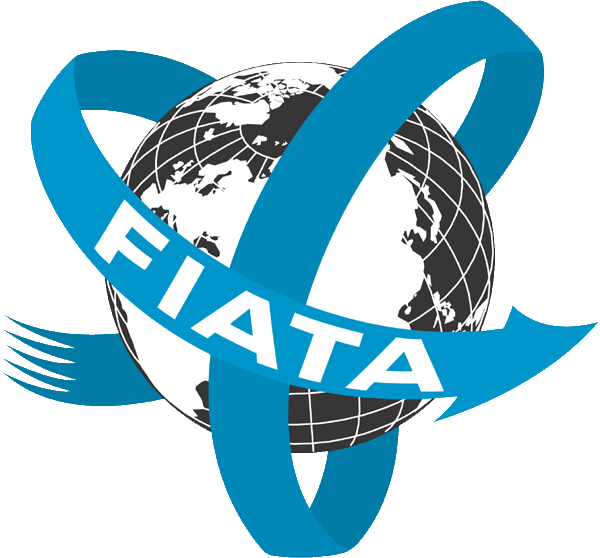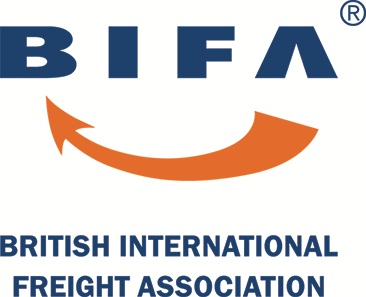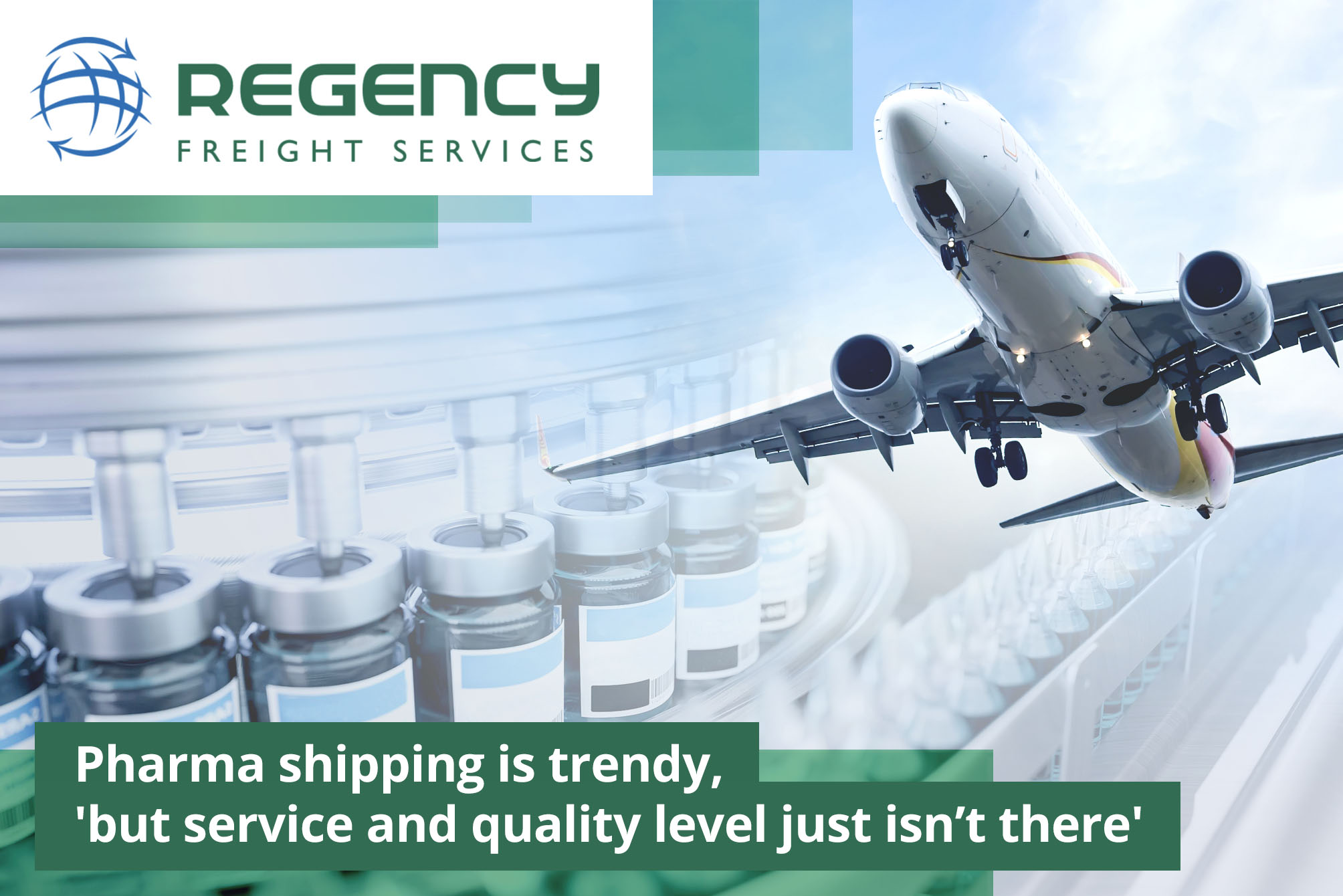Pharma shipping is trendy, 'but service and quality level just isn’t there'4 January 2024
Despite heavy marketing by some carriers and forwarders, standards in pharmaceutical logistics are not always as good as are billed, and should be further standardised, according to one pharma shipper. Yulia Ceretaria, head of logistics for Early Health Group, should know: she was global pharma director for Volga-Dnepr Group and AirBridgeCargo before making the rare move to become a shipper. “There is often zero understanding among some shippers about the airline industry,” she told The Loadstar on the sidelines of the ACE event in Abu Dhabi this week. “Many don’t even have a logistics department. “And it’s harder than I thought. I’ve had to wait for answers from forwarders or airlines on a booking for three days – that’s not acceptable. “We’ve got to be able to evaluate the quality. Pharma is a very trendy product right now. But some companies are trying to do it too quickly, when the service and quality level just isn’t there. They need to get the foundation right first.” Pharma shippers don’t tend to have direct contact with airlines, so they need forwarders to communicate properly, she said. But even among some forwarders, “it is similar”, with lots of new products in the market – “but it’s essential that they can demonstrate the quality of the product”. However, Ms Ceretaria acknowledged that shippers often put pressure on their suppliers, which can lead to mistakes. “I struggled to understand what shippers wanted when I was with an airline, and forwarders are reticent when it comes to letting shippers talk directly to airlines. But there is no commercial relationship there, so it should be fine to let them talk.” She added that every stakeholder needed to be involved. “From trucking, to handlers – everyone should be in the conversation. It needs to be more transparent, so everyone understands.” Pharma shippers tend to use several forwarders, she explained, for different regions. While quality tends to be more standardised in the EU and US, it becomes harder in remote areas. “You have to find local specialists, not necessarily the big forwarders. Lots of companies have realised it’s a very stable business, but it is also niche. SMEs are now trying to incorporate more pharma products.” Ms Ceretaria said that, while she welcomed new products and diversification, it was leading to a lack of standardisation. “Airlines are adding their own internal handling codes, which aren’t understood by other stakeholders.” She urged companies to develop a one-stop shop – an integrated standard for pharma, which “could be used by everyone”. Fully integrated services, such as those offered by UPS or DHL, were “good – but quite expensive”, she said, and the integrators “don’t pay much attention to the clinical trial sector”. Ms Ceretaria explained: “DHL has a clinical trial product which is good, but it’s not special for them, it’s only a small part of the portfolio. Clinical trials tend to be small consignments, and it’s hard to know if one tiny box is being treated seriously and being looked after.” Despite her call for an industry standard, she was, in part, dismissive of IATA’s CEIV programme, which certifies standards at particular locations. “It’s a nice piece of paper, but it’s only when companies internally build the right processes that the product is good. Otherwise it’s just a marketing tool. It’s the same when you see companies agreeing strategic partnerships on pharma – what does it actually mean? Does it bring value to the customers?” Getting CEIV certification is expensive – some $50,000, plus training for staff in each location – therefore not something companies take on lightly. While some may see it as simply a cost of marketing and don’t necessarily stick to or understand the processes, according to Ms Ceretaria, others see it as a way of raising and sustaining quality. “Going through an audit and independent validation is never easy,” explained Etihad Cargo’s head of global cool chain solutions, Fabrice Panza. “The requirements are super high. You ensure high quality is in place. Communicating about being CEIV-validated is important, otherwise there is no point. But it has to be part of your investment and strategy – it’s super difficult to do.” He added that every partner has to be fully compliant. This focus has helped Etihad reach a quality level in pharma of 99.2%. “We have a very low level of complaints, about 80 a year. Half of those aren’t mistakes, but things like miscommunication on lead times. The other half don’t happen in the airport-to-airport section.” |
|
   |
